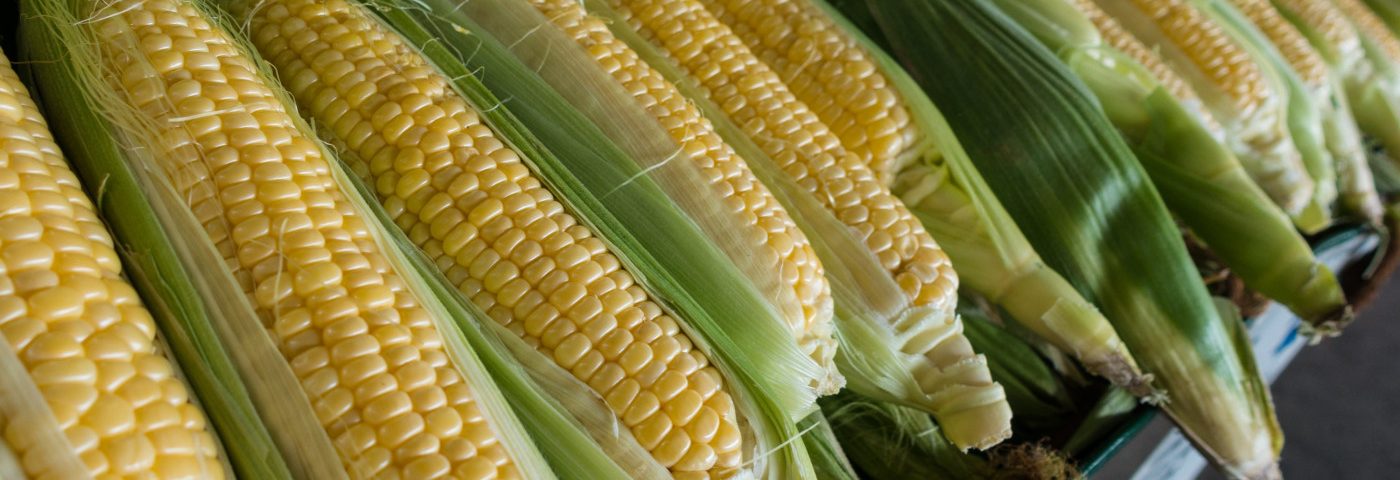Scientists have discovered that certain flavonoids — natural compounds in fruits and vegetables that are known for their health benefits — found in corn plants have strong anti-inflammatory properties that can reduce bowel inflammation in a mouse model of inflammatory bowel disease (IBD).
Future studies are needed to explore the therapeutic potential of these compounds in people with different forms of IBD, the investigators said.
Their findings were described in the study, “Intestinal Mucosal Barrier Function Restoration in Mice by Maize Diet Containing Enriched Flavan-4-Ols,” published in the journal Nutrients.
Flavonoids are compounds occurring naturally in different plants that are known for their anti-oxidative, anti-inflammatory, and anti-cancer properties. Corn plants contain high levels of these compounds, including flavan-4-ols, a family of flavonoids that are precursors of another class of reddish-brown pigments, called phlobaphenes.
“Biochemical analyses have shown that phlobaphenes-containing maize [corn] lines possess higher antioxidant capacity than conventional lines, a promising trait that could be introduced into elite cultivars to increase dietary benefits,” the researchers wrote.
These strong antioxidant and anti-inflammatory properties also make these compounds promising treatment candidates to lower inflammation in IBD.
To investigate the specific health benefits of phlobaphenes in the context of IBD, researchers at Penn State’s Russell E. Larson Agricultural Research Center and their colleagues created two genetically identical lines of corn plants producing different amounts of flavan-4-ols. The different corns were then fed to a mouse model of IBD.
“In this study, we utilized two corn lines — one containing flavan-4-ols and one lacking flavan-4-ols — to investigate the anti-inflammatory property of that flavonoid,” Surinder Chopra, PhD, professor of maize genetics in the College of Agricultural Sciences at Penn State and co-senior author of the study, said in a Penn State news story.
“Our data show that flavan-4-ols enriched diet ameliorates CMC-induced colonic inflammation on a whole-food basis,” the researchers wrote.
“These results may provide a reference for the utilization of these compounds as nutraceuticals,” they added. Nutraceuticals are products isolated from foods that are generally sold in medicinal forms. They have physiological benefits or provide protection against chronic disease.
“Future work on the health benefits of flavan-4-ols or other bioactive compounds will further public acknowledgment on colored maize cultivar and inspire related product development in the long term,” the researchers concluded.
It’s a new concept that flavonoids found in grains may be beneficial to human health, according to Lavanya Reddivari, PhD, assistant professor of food science at Purdue University, who helped guide the study.
“Most of the epidemiological studies focus on flavonoid-enriched fruits, especially berries,” she said. “However, grains contain a high concentration of bound flavonoids that are thought to exert better antioxidant activity.”
Reddivari said this was due to their “slower and continuous release during digestion.”
“These results suggest the feasibility of a human intervention study with flavonoid-rich corn to investigate its protective effects,” she said.

